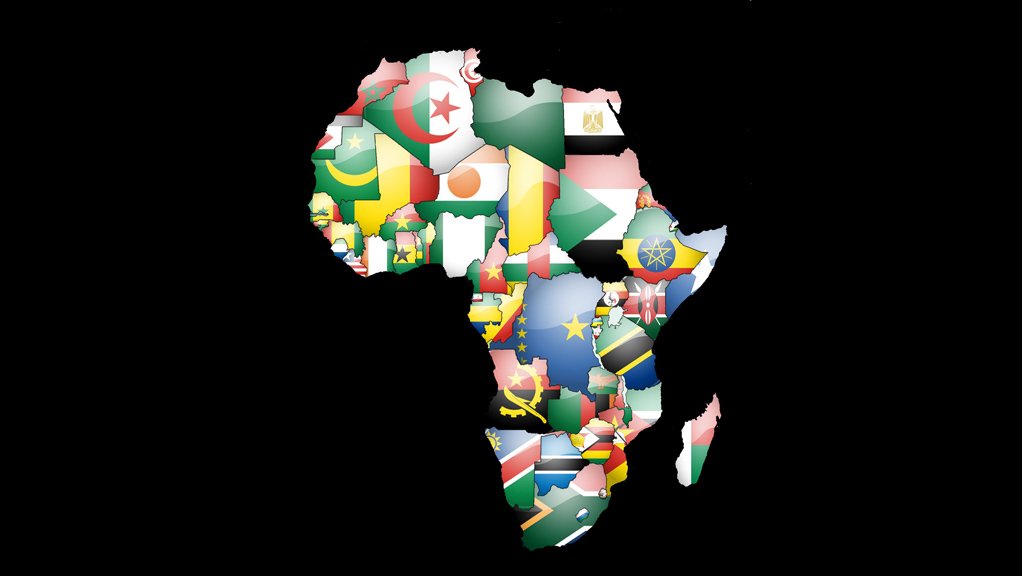Progress in good governance in Africa has slowed since 2015 and declined for the first time last year, weighed down by a deterioration in participation, rights, rule of law and security, the Mo Ibrahim Foundation said on Monday.
In a statement ahead of the release of its 2020 Ibrahim Index of African Governance (IIAG), the foundation said the decline was particularly concerning with the Covid-19 pandemic set to increase existing challenges and reduce hard-won gains for the continent.
The index is a comprehensive assessment of governance performance in 54 African countries, tracking security and rule of law, participation, rights and inclusion, foundations for economic opportunity and human development.
Progress over the last decade has mainly been driven by improvements in economic opportunities and human development, but this is threatened by an increasingly precarious security situation and concerning erosion in rights as well as civic and democratic space.
Over the past decade 20 countries, home to 41.9 percent of Africa’s population, have achieved progress in the areas of human development and foundations for economic opportunity, but have seen a slippage in both security and rule of law as well as participation, rights and inclusion.
Only Angola, Chad, Côte d’Ivoire, Ethiopia, Madagascar, Seychelles, Sudan and Togo managed to improve in all four categories over the decade.
Africans are increasingly dissatisfied with governance delivery in their countries, with public perception registering the lowest score over the decade in 2019.
“This is a testing time for Africa,” said Sudanese-British billionaire Mo Ibrahim, who established the foundation in 2006 to focus on governance and leadership on the continent.
“Pre-existing weaknesses and challenges in African governance, as uncovered by the 2020 IIAG, are exacerbated by Covid-19, which also threatens economic progress.”
“Citizens’ dissatisfaction and mistrust with governance delivery are growing. African states have an opportunity to demonstrate both their resolve to safeguard democracy and their ability to drive a new growth model that is more resilient, more equitable, more sustainable, and more self-reliant,” the foundation added.
EMAIL THIS ARTICLE SAVE THIS ARTICLE
To subscribe email subscriptions@creamermedia.co.za or click here
To advertise email advertising@creamermedia.co.za or click here











